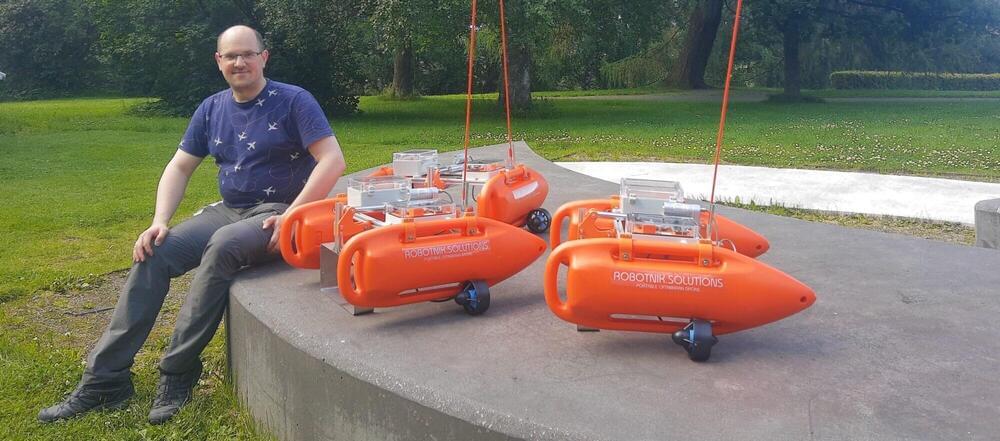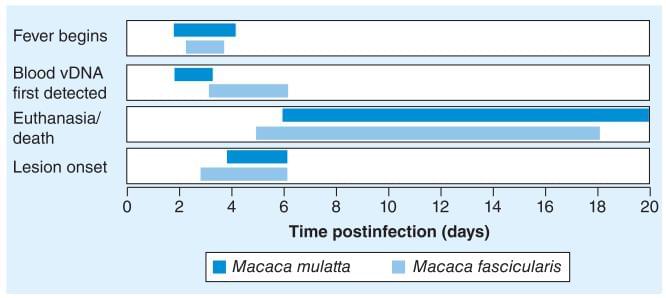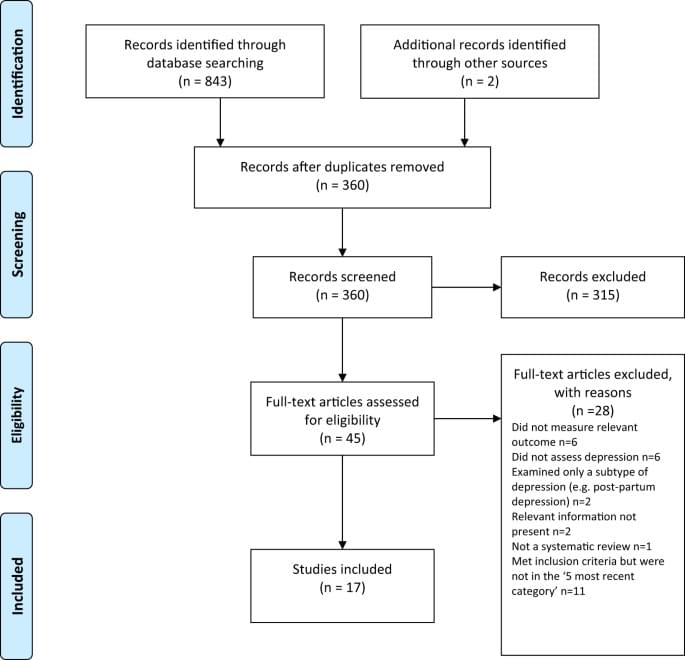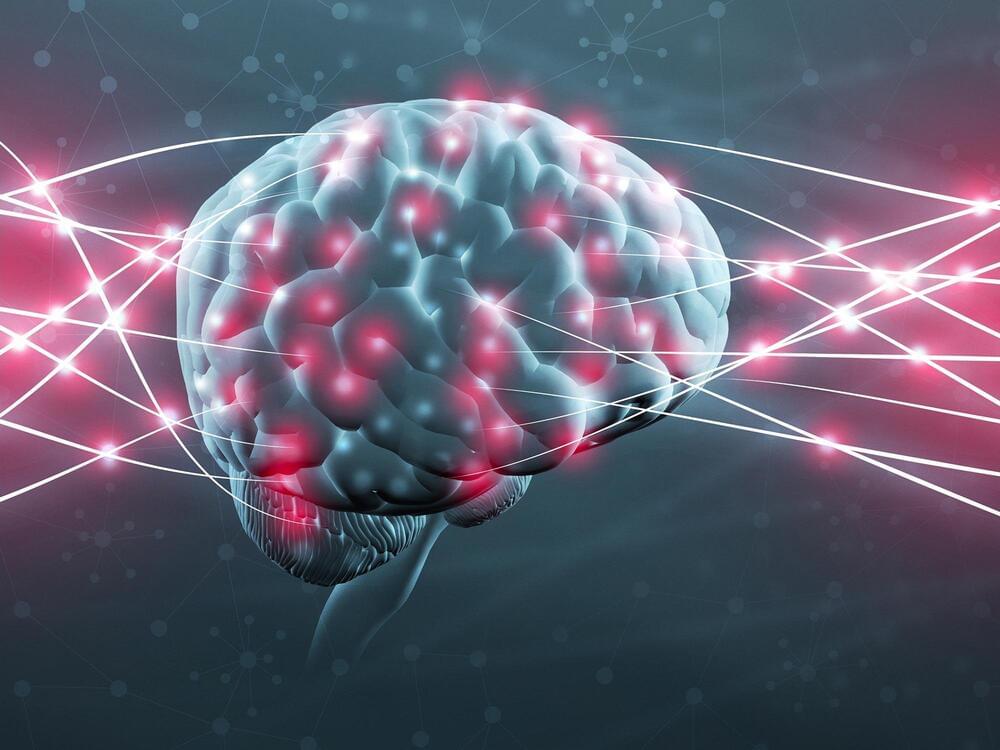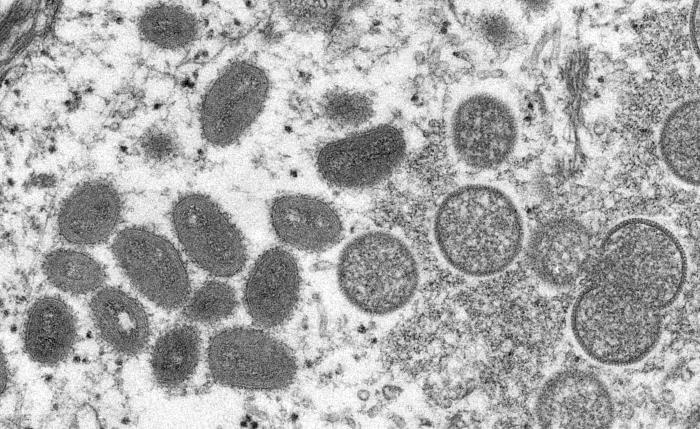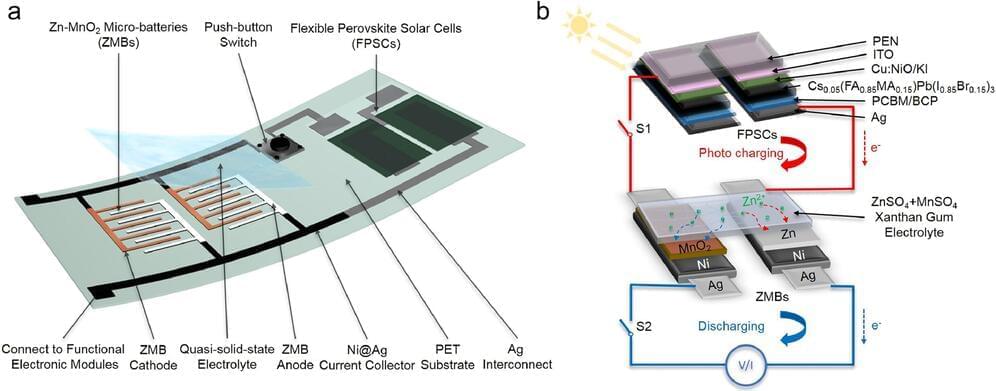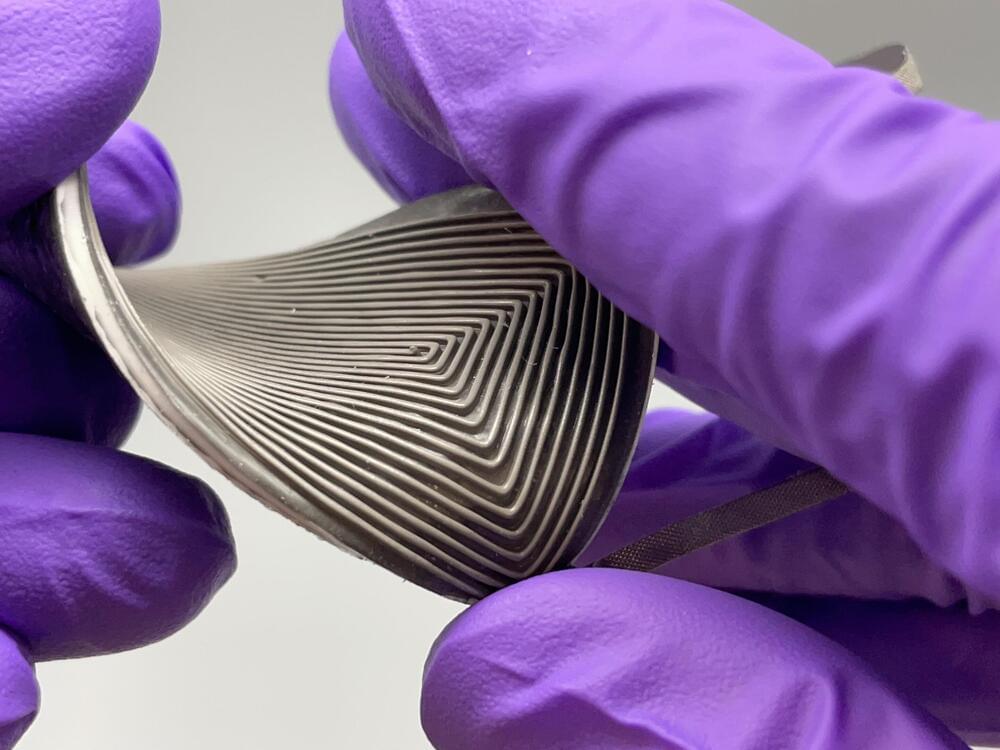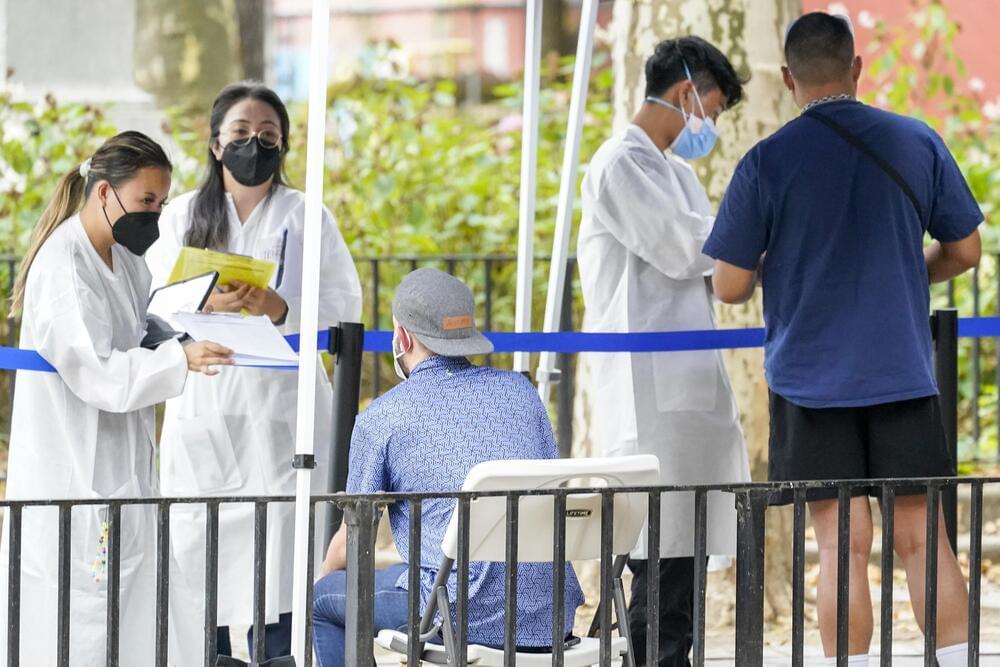Aug 5, 2022
Uncrewed surface vehicle makes studying the ocean easy and affordable
Posted by Wise Technology in categories: health, particle physics, transportation
“Pamela” is an uncrewed surface vehicle (USV) developed as an entrepreneurial idea at the Norwegian University of Science and Technology (NTNU) for sampling a variety of surface water particles, from microplastic to plankton to salmon lice. The USV is a joint effort by an interdisciplinary team—Andrea Faltynkova, a Ph.D. candidate at the Department of Biology, and Artur Zolich, a postdoc at the Department of Engineering Cybernetics.
Faltynkova studies microplastics in the ocean. Microplastics are bits of plastic smaller than 5 mm, which is roughly the size of the end of a pencil. While researchers know that microplastics can have negative effects on marine or freshwater organisms, there’s less known about how they affect human health. But studying microplastics is a challenge because of the nature of the substance itself, she says.
“Microplastics are so heterogeneous. It’s a very large, diverse group of particles. Not only that but they are very unevenly distributed. Microplastic is not like other dissolved pollutants that can be detected even in small quantities of water or soil. If you go and you take a liter from the sea, and there’s no plastic in it, can you conclude that there is no plastic in the sea?” she asked.
